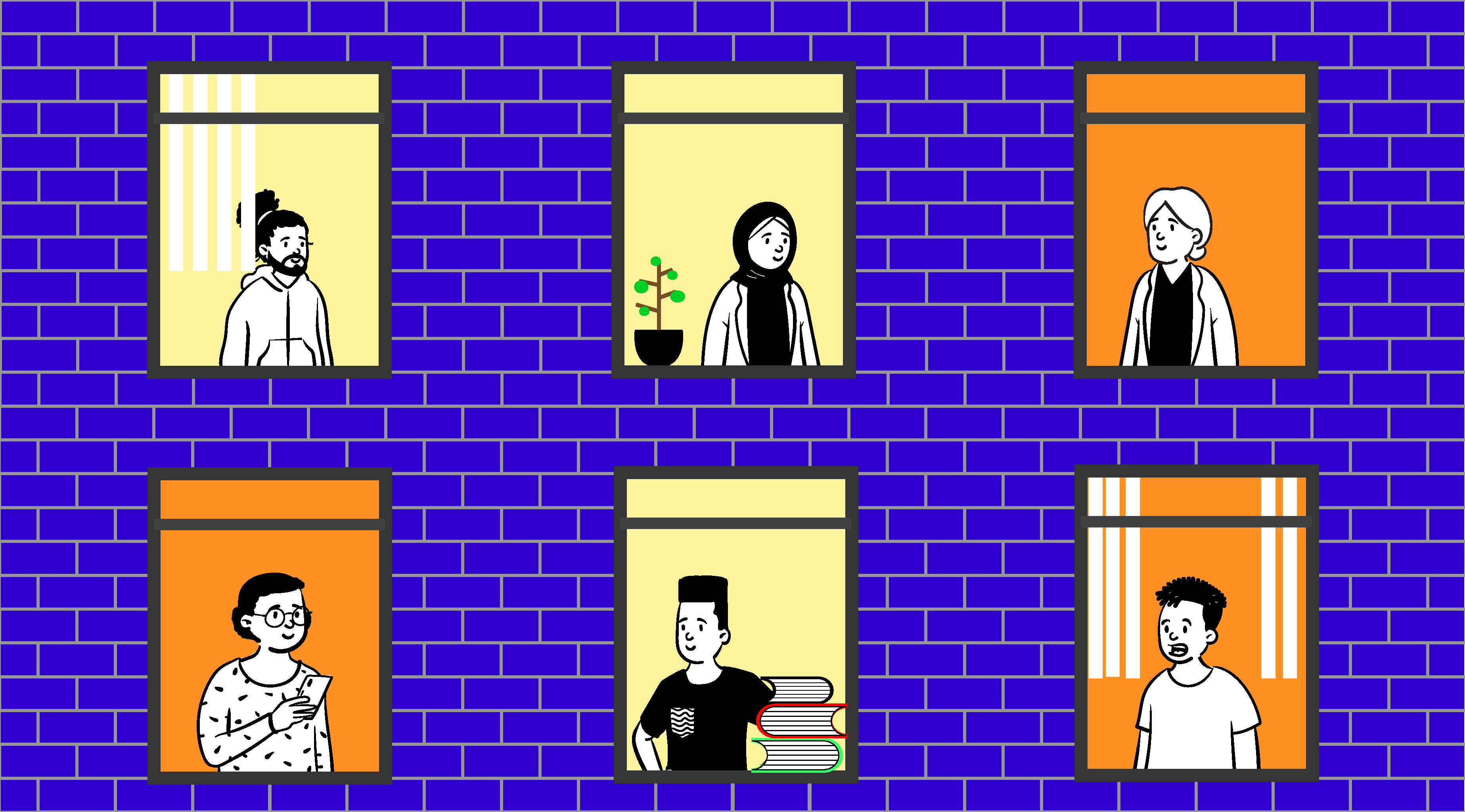Quarter-life Crisis, Quarantine Style

written by Raphaella So
image by Andrew Zhai
I celebrated my 25th birthday in the first week of March. In true faithfulness to my long-standing tradition of self-deprecating humour, I wrote “Raphie’s quarter-life crisis” as the tagline when I created the event invitation on Facebook. At the time, none of us could have predicted that this seemingly innocuous joke would foreshadow a crisis two-and-a-half decades of life experience could not prepare us for – COVID-19 turning into the pandemic it is today.
I was 8 years old when Severe Acute Respiratory Syndrome (SARS), a similar disease of a much smaller scale, hit Asia in 2003. Schools were shut down, so I stayed home as much as possible. We wore 3-ply surgical masks when we went out for essential activities and we touched elevator buttons with our keys instead of fingertips. When we got back home, the first stop was to the bathroom – an elaborate hand-washing routine, and perhaps a shower and a change of clothes to be extra cautious. Reminders of hand-washing and mask-wearing techniques were broadcast on TV during every commercial break. When schools eventually reopened, we had to wear masks and have our temperature taken every morning. The experience shaped the current public hygiene landscape in Hong Kong – spitting onto the floor became illegal, hand sanitizers gained popularity, and donning surgical masks in public became commonplace.
I thought I was ready for COVID-19.
Frequent communication with family and friends in Hong Kong means I have been well-informed about the current COVID-19 epidemic since its humble beginnings. My parents made sure that I had an ample supply of surgical masks. I kept a bottle of ethanol at home for spraying down my greasy TTC-contaminated cell phone. I also considered that schools could be shut down on short notice, so I had been exclusively doing shorter lab experiments since January. Then finally, when my PI told me on March 12th that he wanted us to start working from home, all I had to do was wrap up a Western blot. I thought I was ready for COVID-19.
Ideally, I would spend the quarantine working normal 40-hour work weeks, completing my course requirements and perhaps reading papers and putting together a manuscript draft. The department has sent us multiple emails on what we can be accomplishing in self-isolation. There are free courses online on statistics, bioinformatics, coding, etc. — almost everything that could make me a better researcher. Courses that other people are taking and that I should take as well to stay competitive in the post-COVID-19 world.
However, every morning I wake up to acquaintances reporting that either they, their father, their friends, or their colleagues have fallen ill. A friend of mine on Twitter had been fighting for his life in the ICU. When Trudeau closed down inbound international travel, my parents in Hong Kong called me and said, “be careful, because we cannot be there for you if you get sick.” With my local friends moving back with their families, the fear that I will suffer alone in a foreign country became very real. My brain knows that I am safe in my apartment. Yet, while shutting my front door can keep viral droplets out, it cannot stop feelings of anxiety and distress from seeping in. I thought I was ready for this pandemic, but I was not ready for the effects that forgoing my normal routine and social life would have on my mental health.
As I settle into my 5th week of quarantine, I have come to accept that my priorities have drastically changed. I am no longer pressuring myself to put out a complete manuscript draft, write my thesis, or pick up a new coding language. I am trying to eat well without frequent grocery trips, exercise without leaving my home, maintain basic human contact without seeing anyone in person, and hopefully get some work done in the process. I do not wallow in guilt if I cannot be as productive as I was before the pandemic, but I celebrate the work I do manage to accomplish. If quarter-life or mid-life crises are for self-discovery and reflection, then mine has forced me to appreciate the people and the routine activities I once took for granted. As many people have pointed out: “We are not working from home. We are stuck at home in a global health crisis trying to work.” This freshly minted 25-year-old is learning to cope with that.
